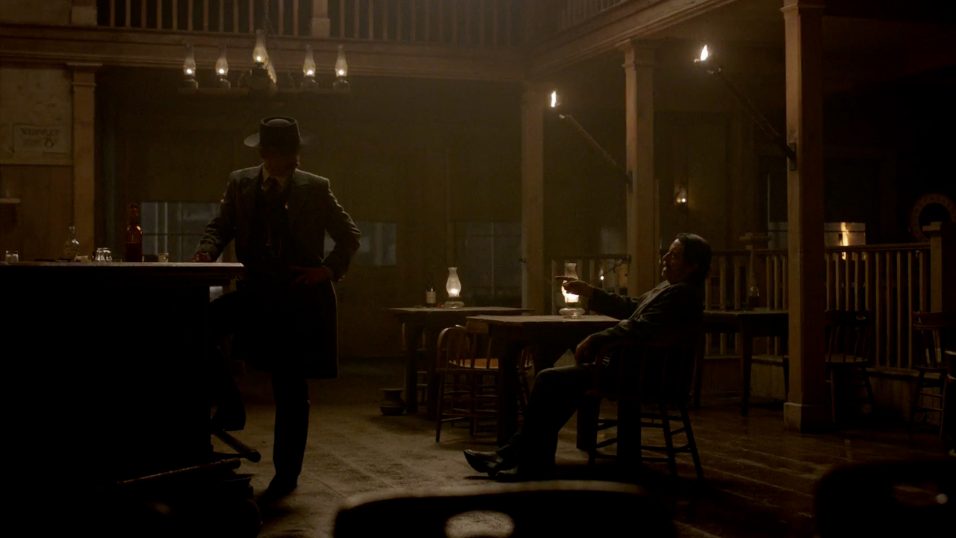Writing a story is all about balance. You have to provide the reader with character backstories, world-building, a plot, and a clear protagonist who has a clear goal that is obstructed by a clear antagonist. Okay, maybe it doesn’t have to that clear—some writers make a beautiful meal out of subtlety and uncertainty—but in general you have to give your reader something to hang onto, a relatively clear path to follow.
For a lot of writers, they take that to mean they have to establish the protagonist/antagonist dynamic very early on and then structure the plot immediately around that conflict. Like, if your hero is introduced in Chapter 1, your villain has to show up in Chapter 2 and there has to be a clear conflict between them right away.
This isn’t true, though. In fact, it’s perfectly okay to obfuscate your central conflict, and it’s perfectly okay to take your time defining the protagonist/antagonist relationship—or to even change it in the middle.
The Hate You Give
There isn’t any rule that says you have to set up your central conflict right away. I’ve started re-watching Deadwood in anticipation of the film they’re finally releasing, offering fans some much-desired closure after all these years. And what’s interesting is that exactly none of the central conflicts that will come to define the series are set up in the first episode in any but the smallest of ways. There are lower-case ?c’ conflicts there, but none of the main-event conflicts, and you’d be hard pressed to put your thumb on who, exactly, the antagonist or protagonist is going to be.
There’s a lesson there. Letting your characters and setting breathe a bit, trusting your readers to find interesting what you find interesting about your universe—these are good instincts. Rushing into declaring a thumb war between two characters just because you feel under pressure to get your conflict set up is bad writing, or at least it often is. Can you make the argument that many novels are successful because they don’t waste time setting up the conflict and the protagonist and antagonist? Sure! Of course. As I’ve often said, there are no rules. All that matters is that you can pull off what you seek to achieve.
The point is, don’t put artificial pressure on yourself to gin up a conflict. It’s okay to take your time, and it’s okay to bury that lede a little—just have a plan. Having a plan is pretty much the answer to every writing problem out there, just like two fingers of whiskey is the answer to just about every personal problem I’ve ever had.

